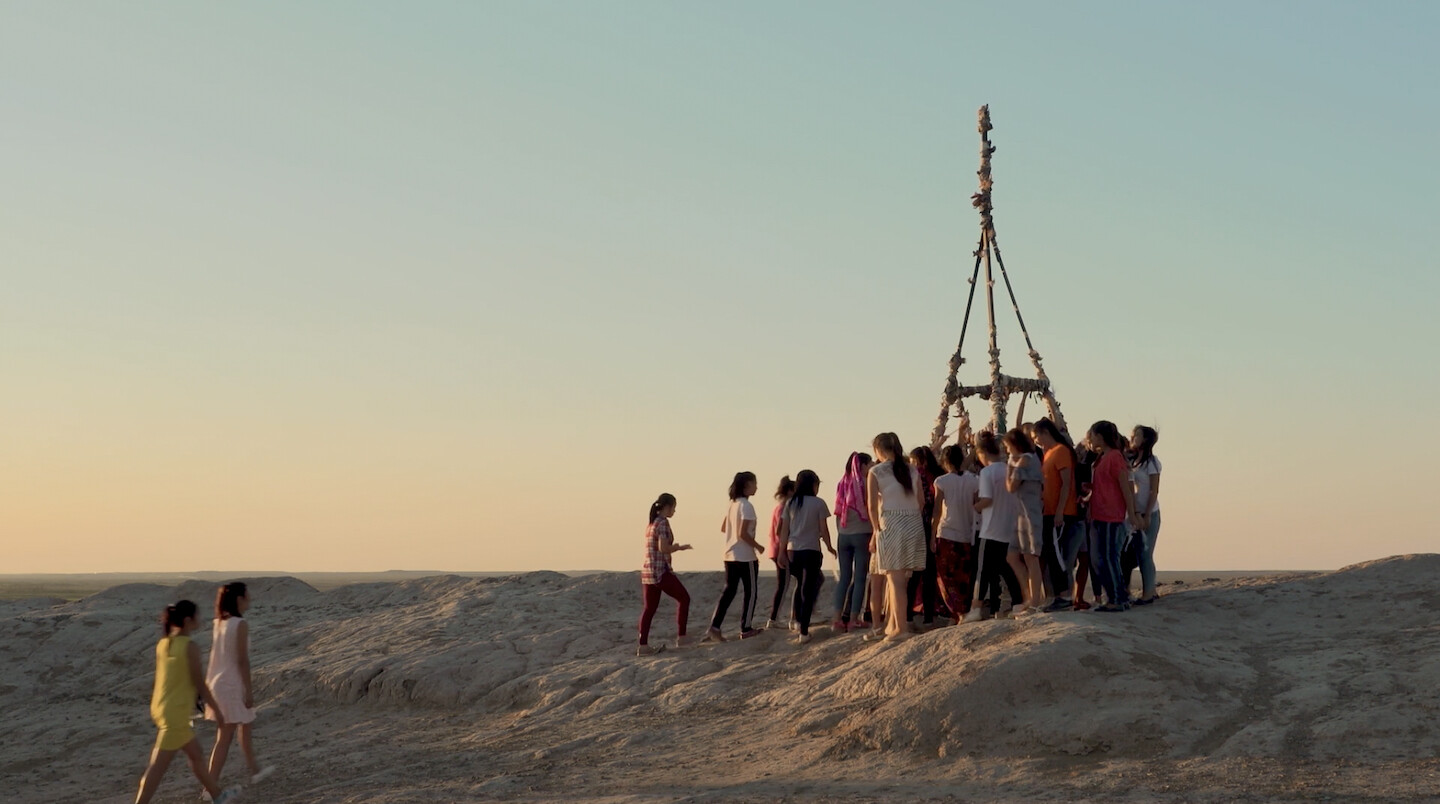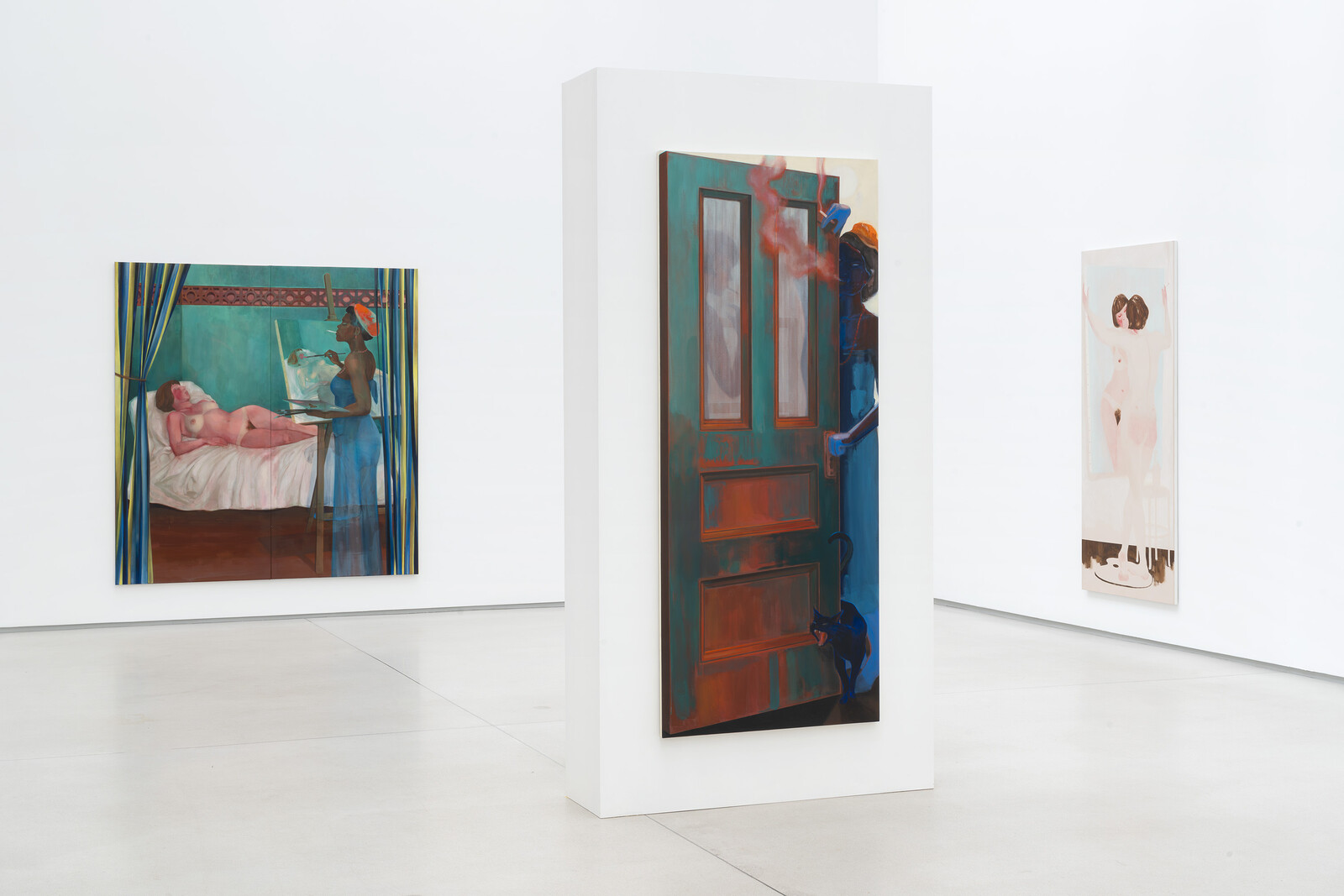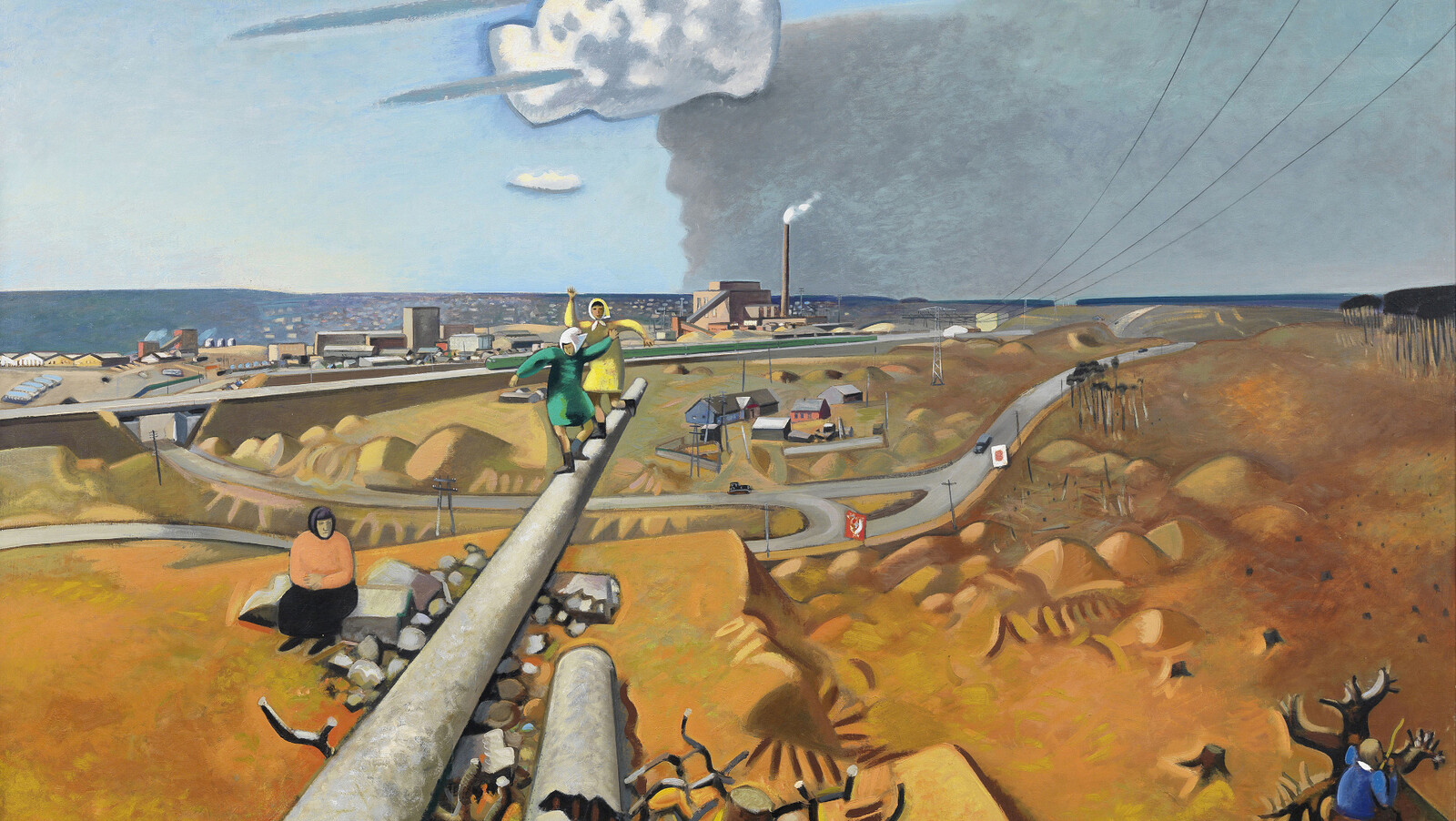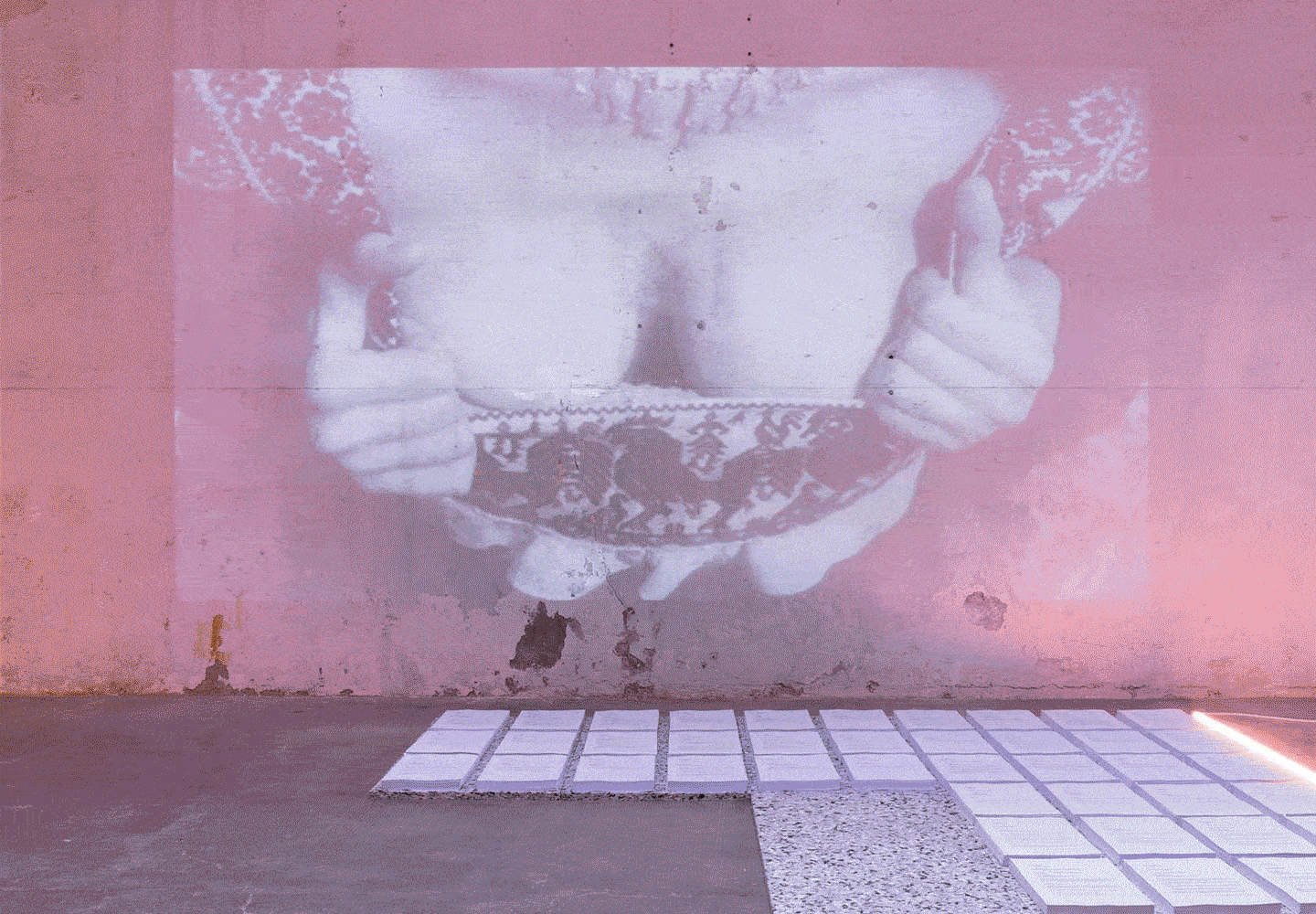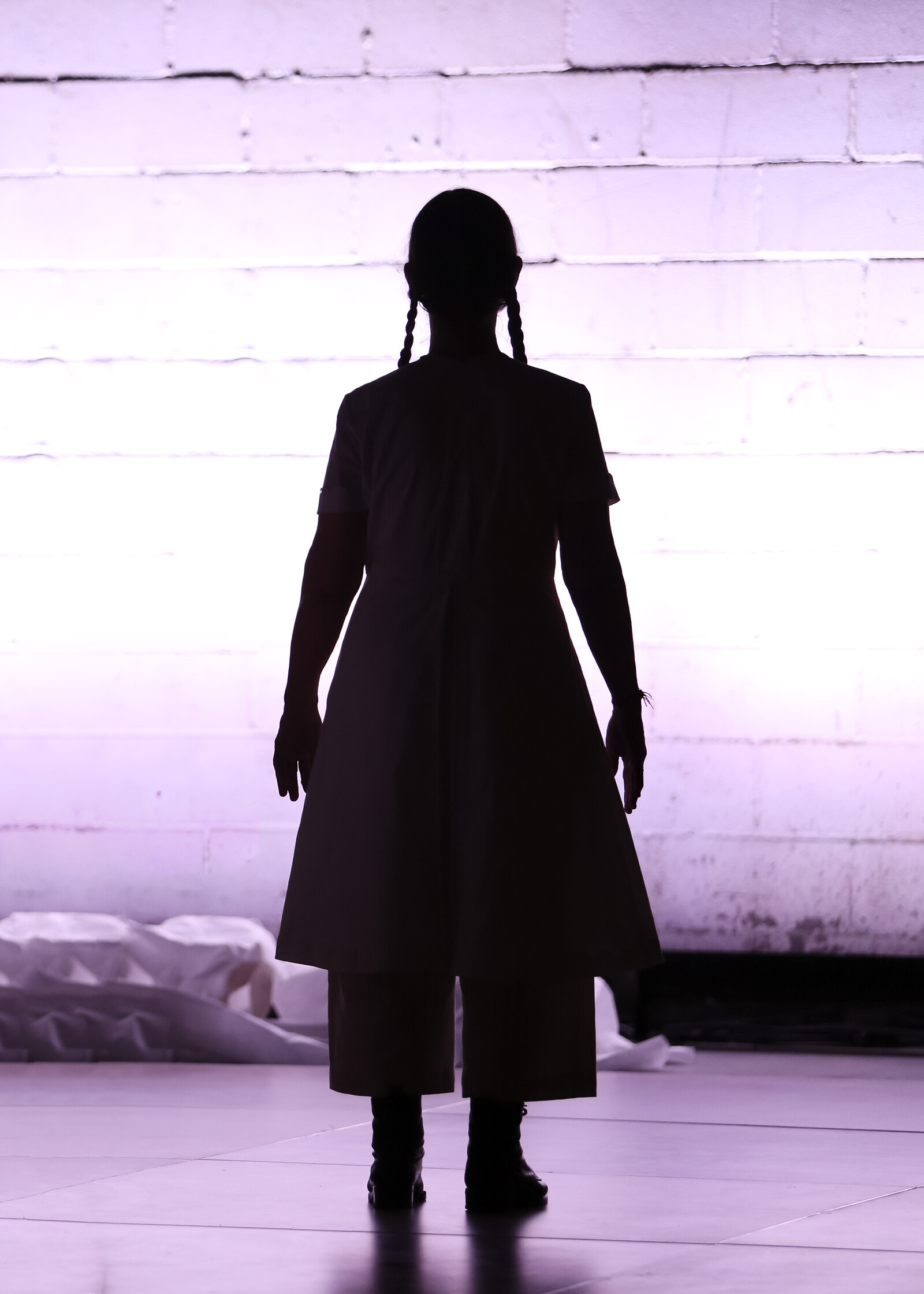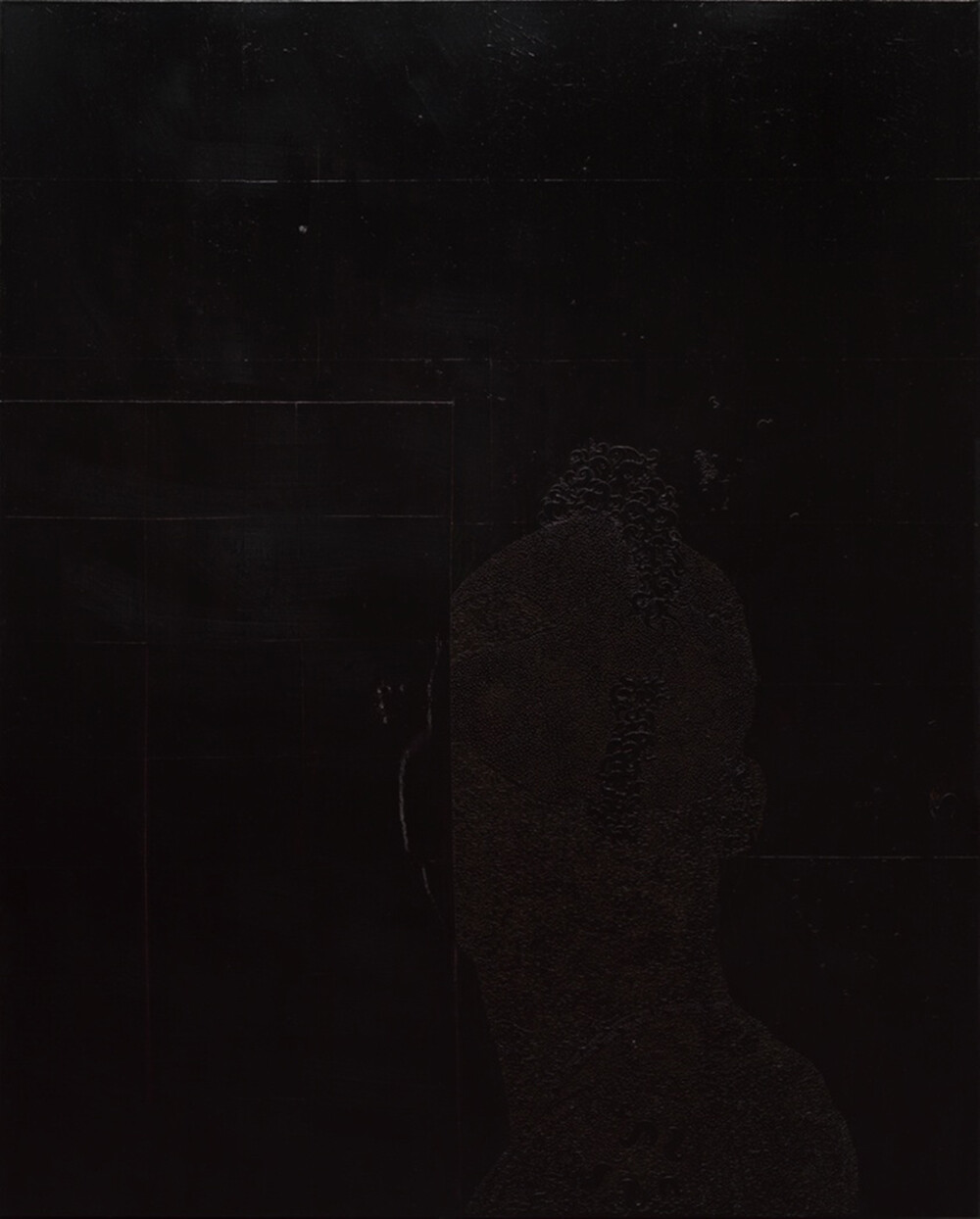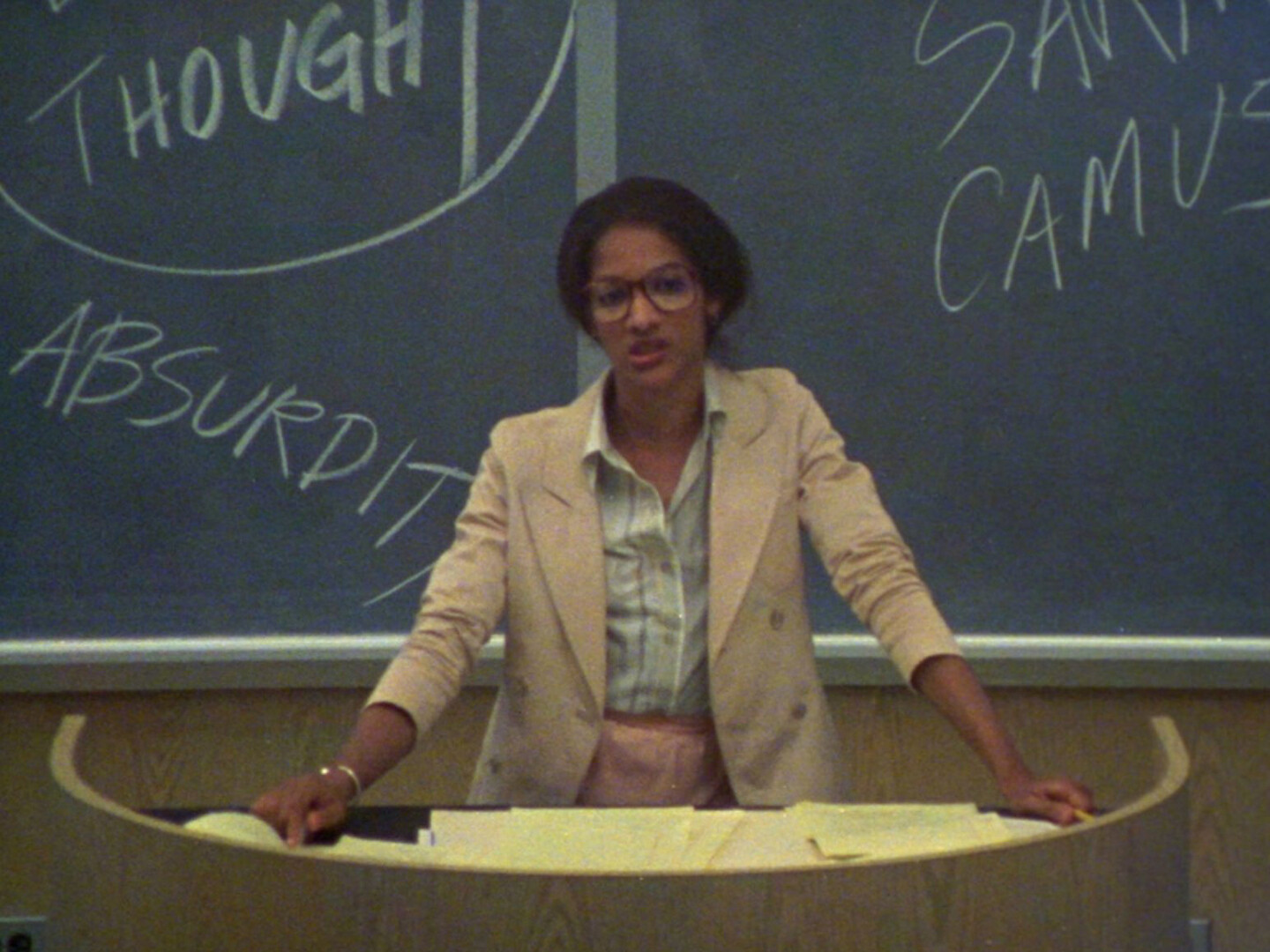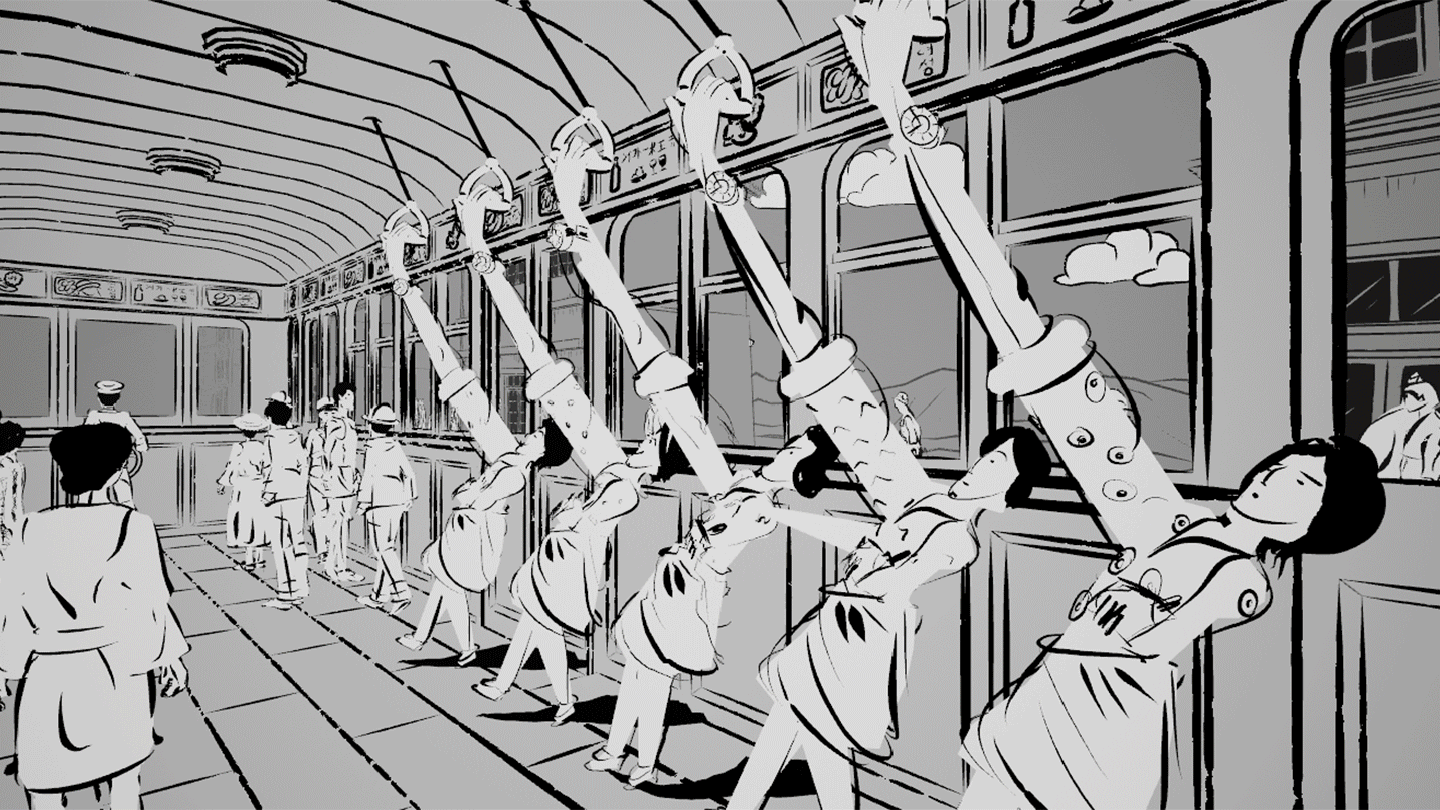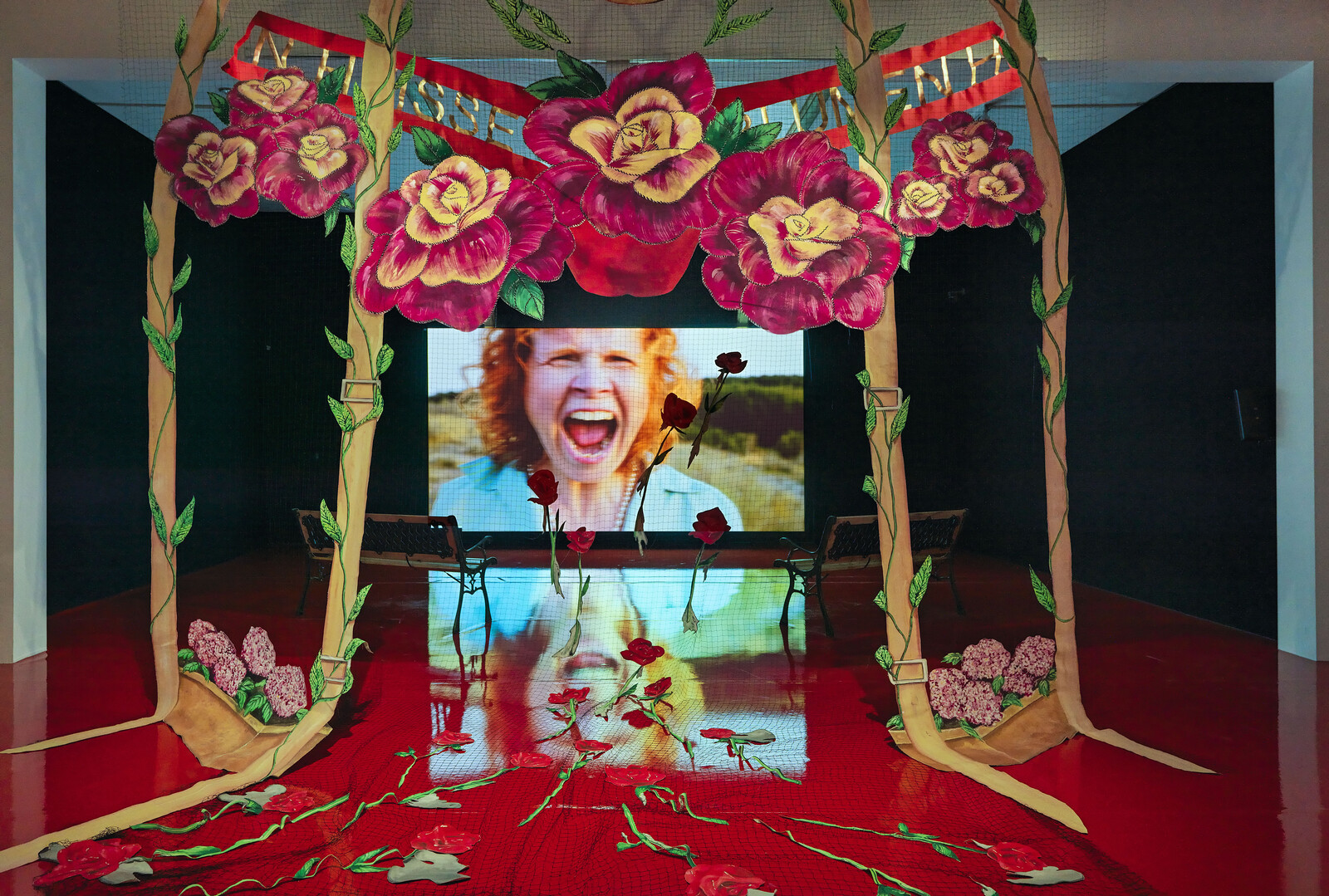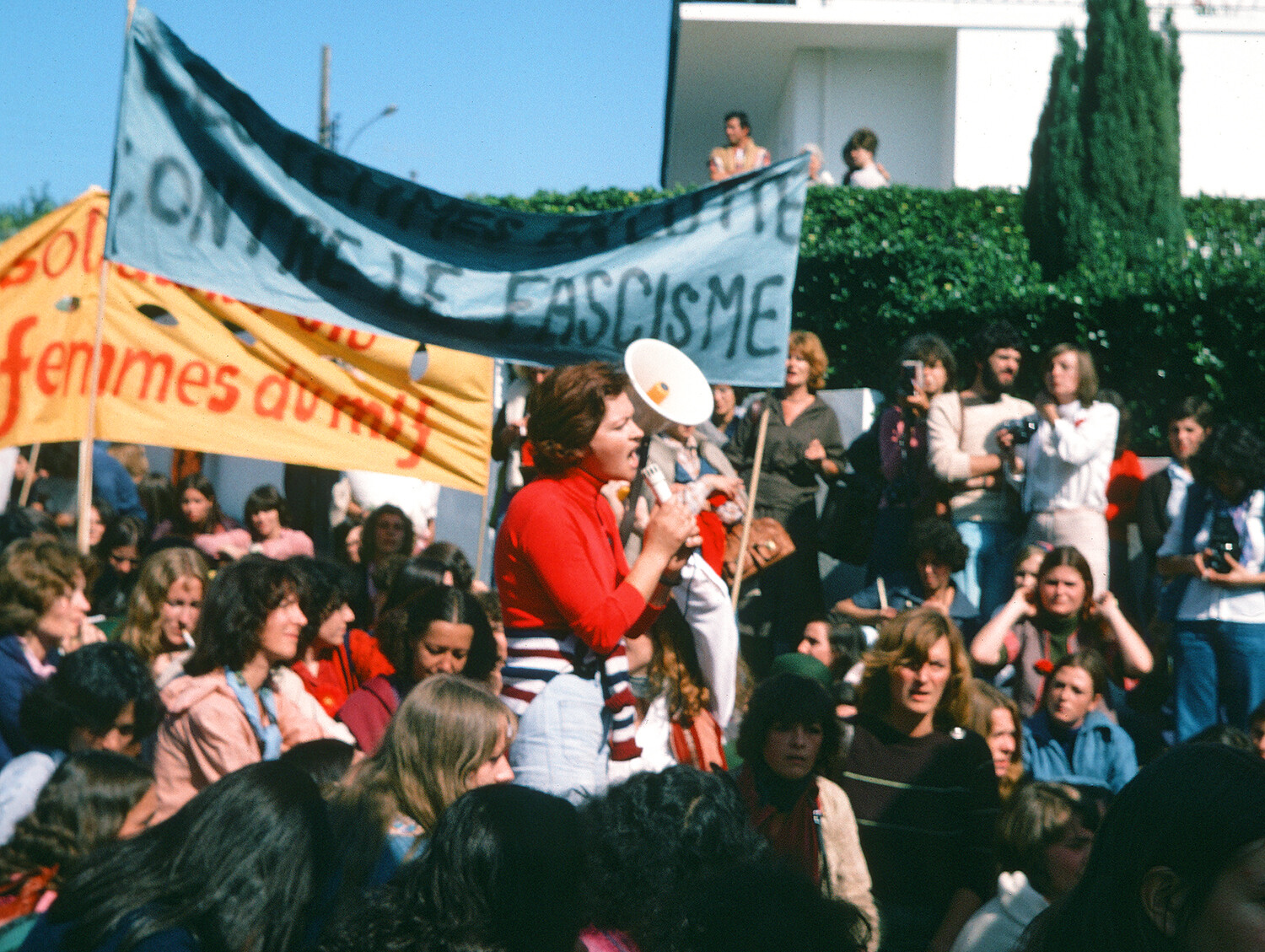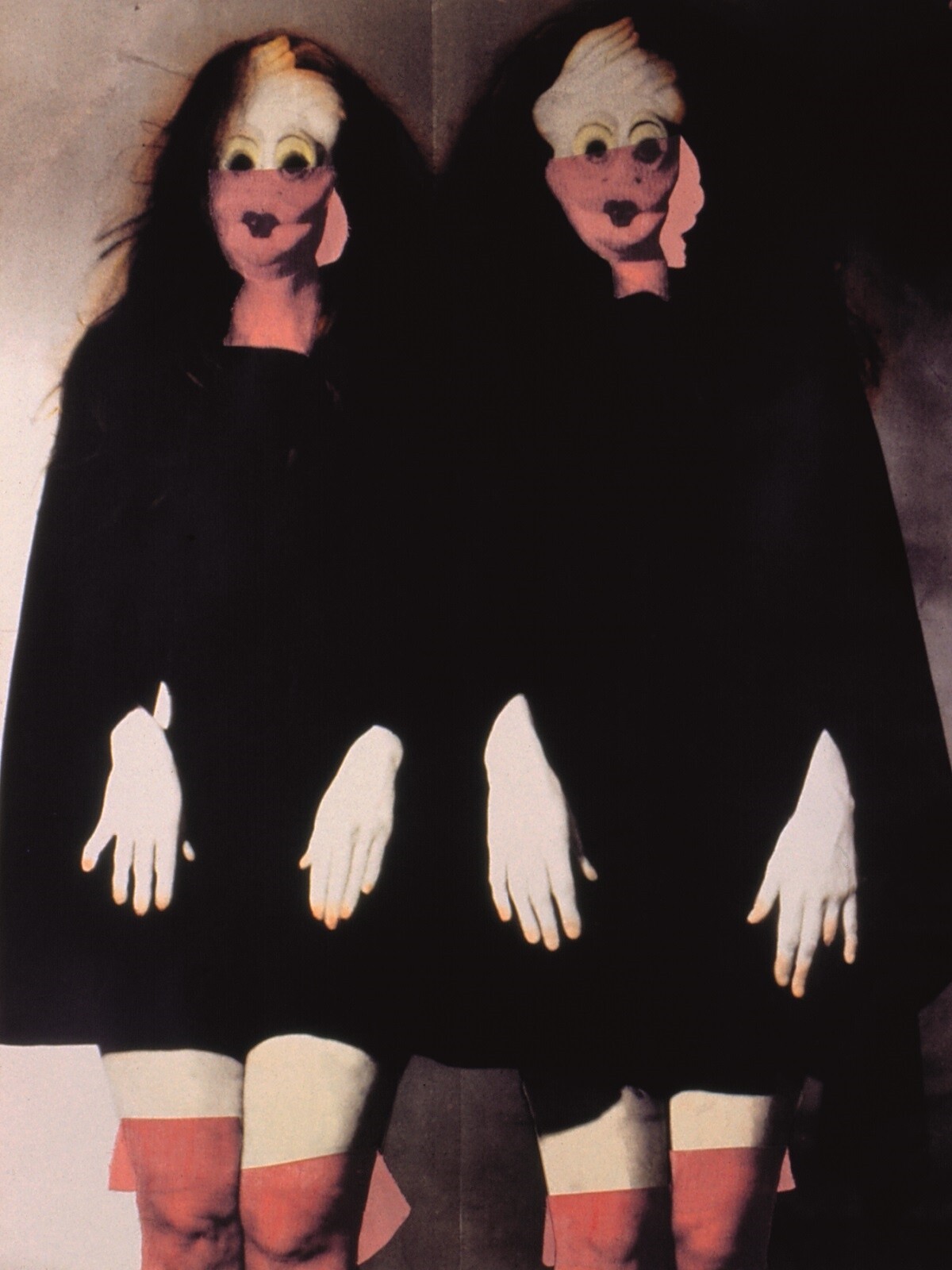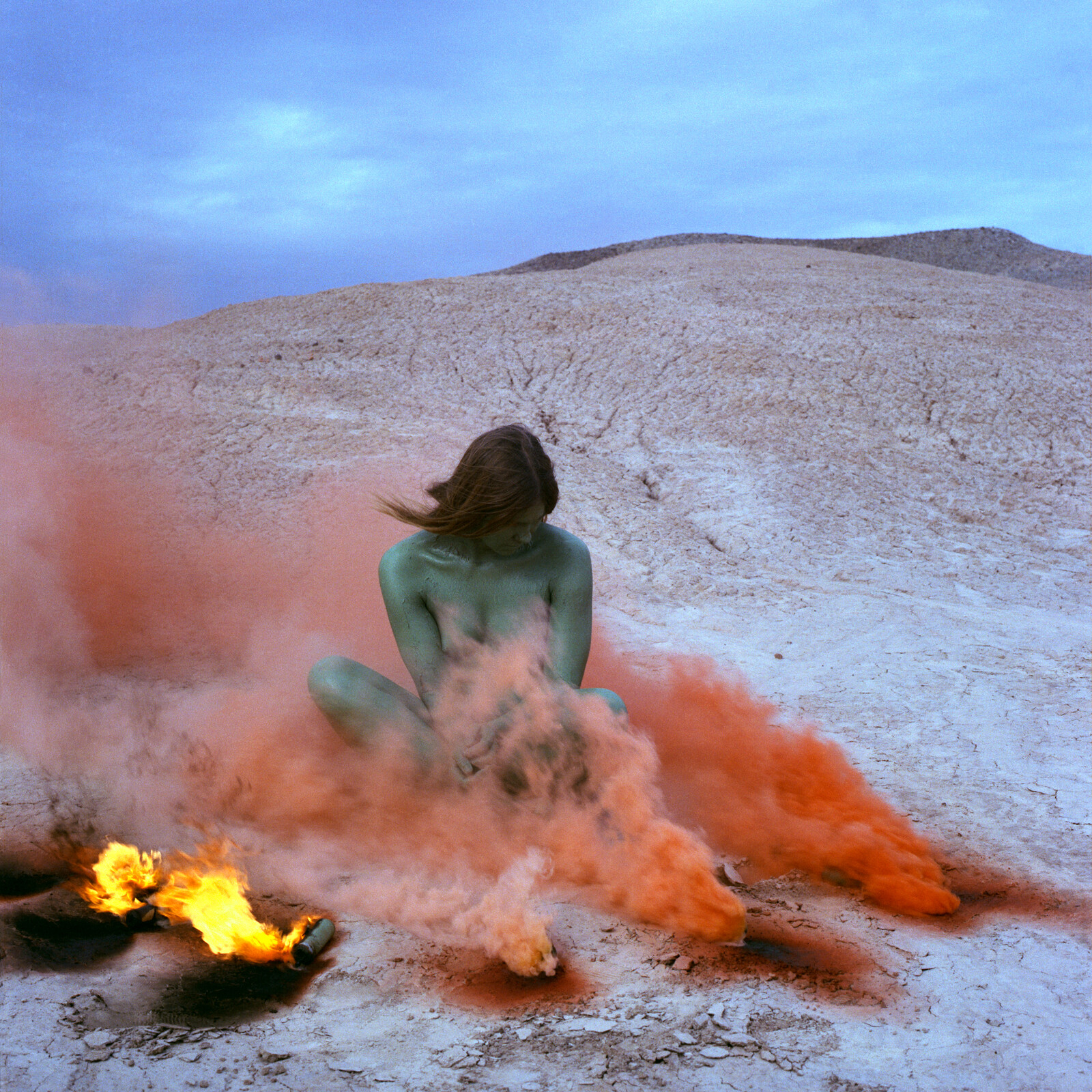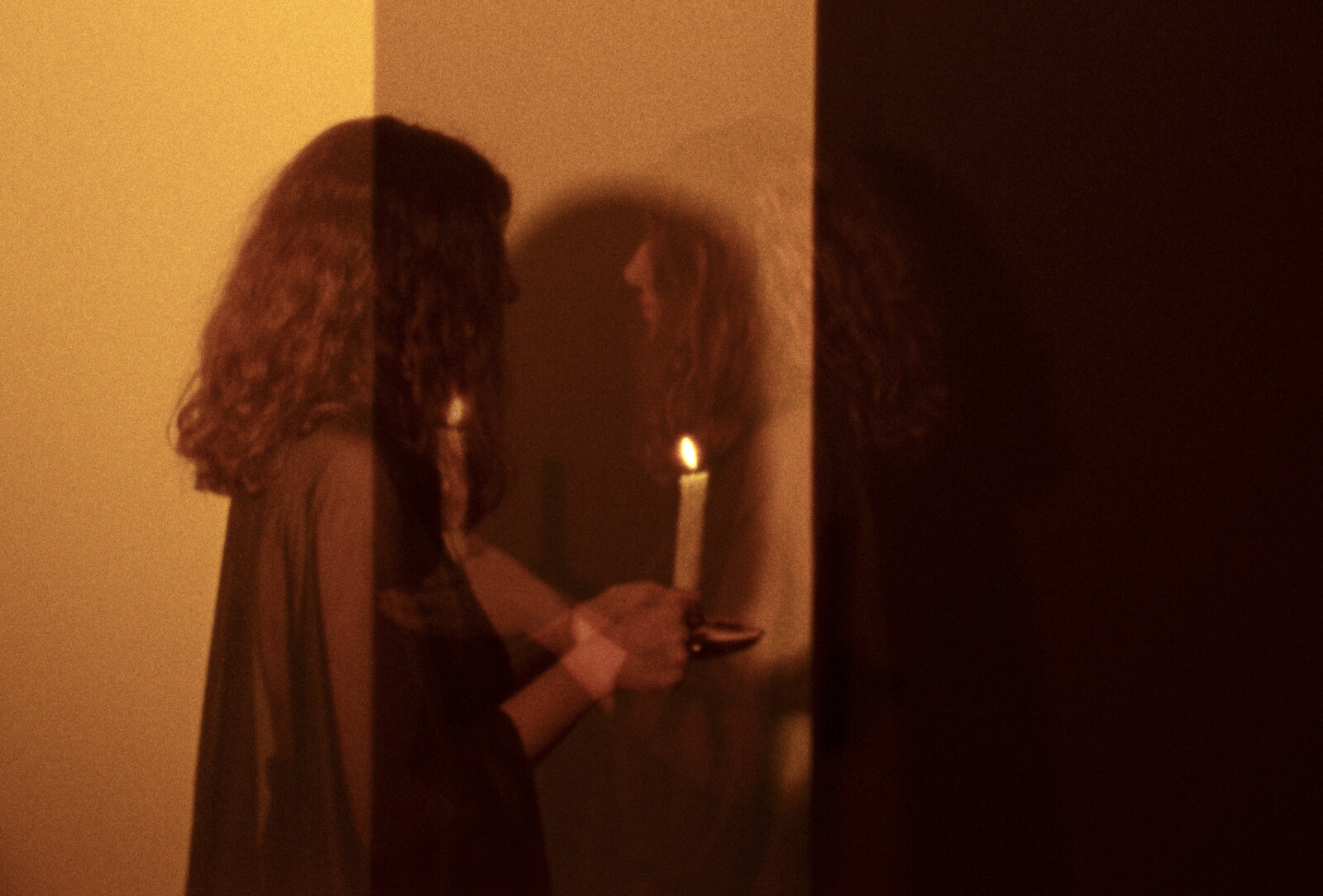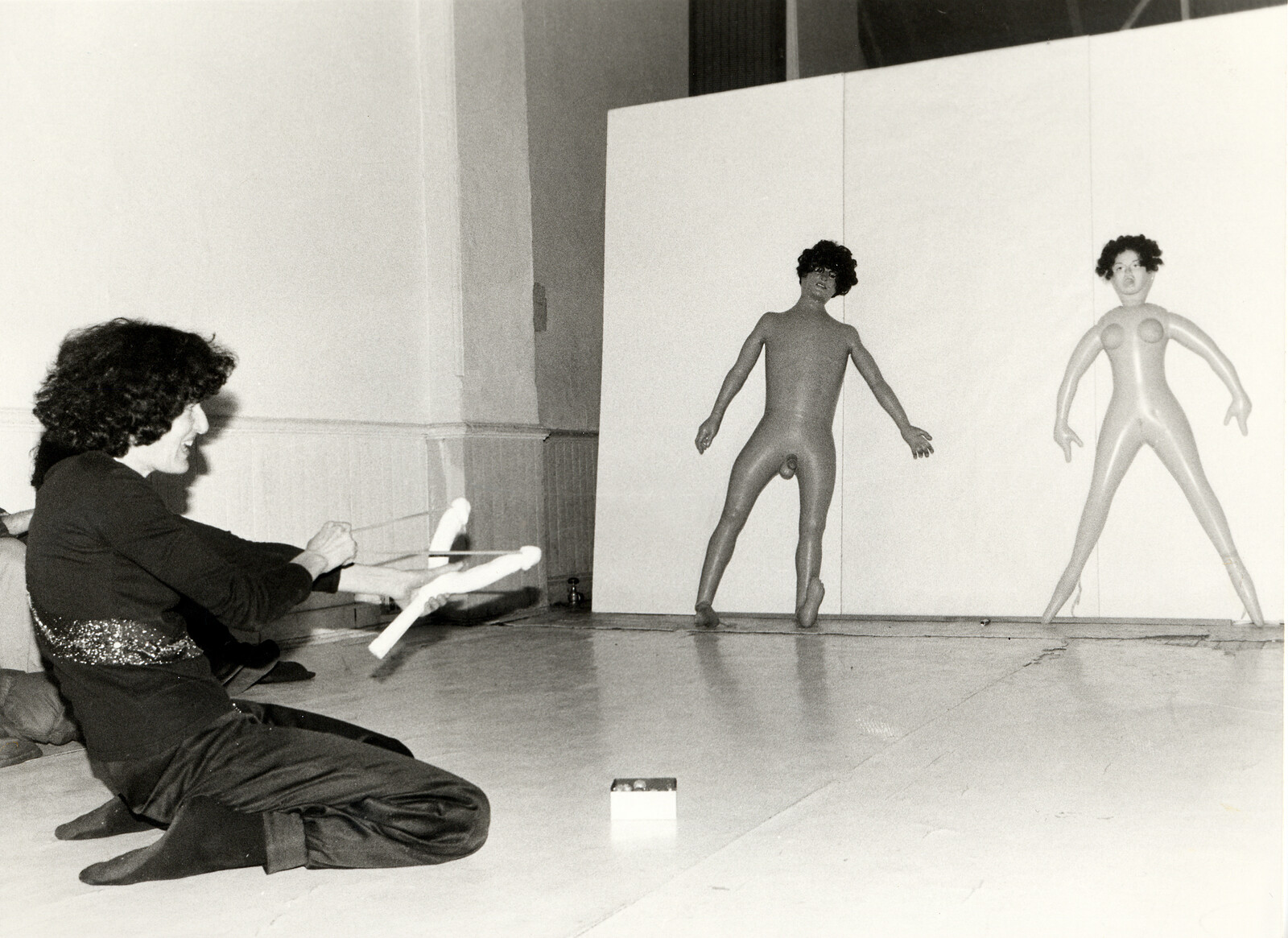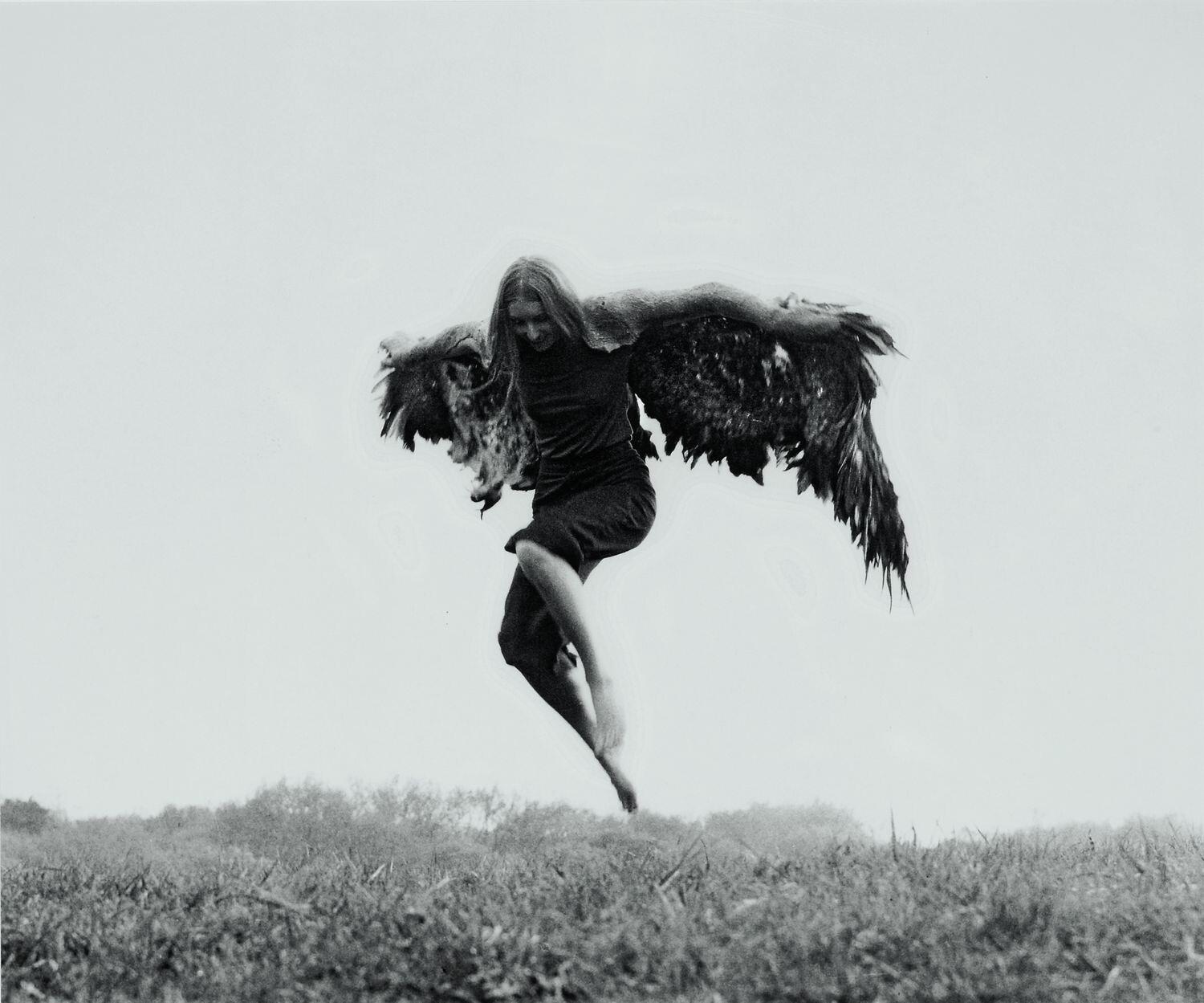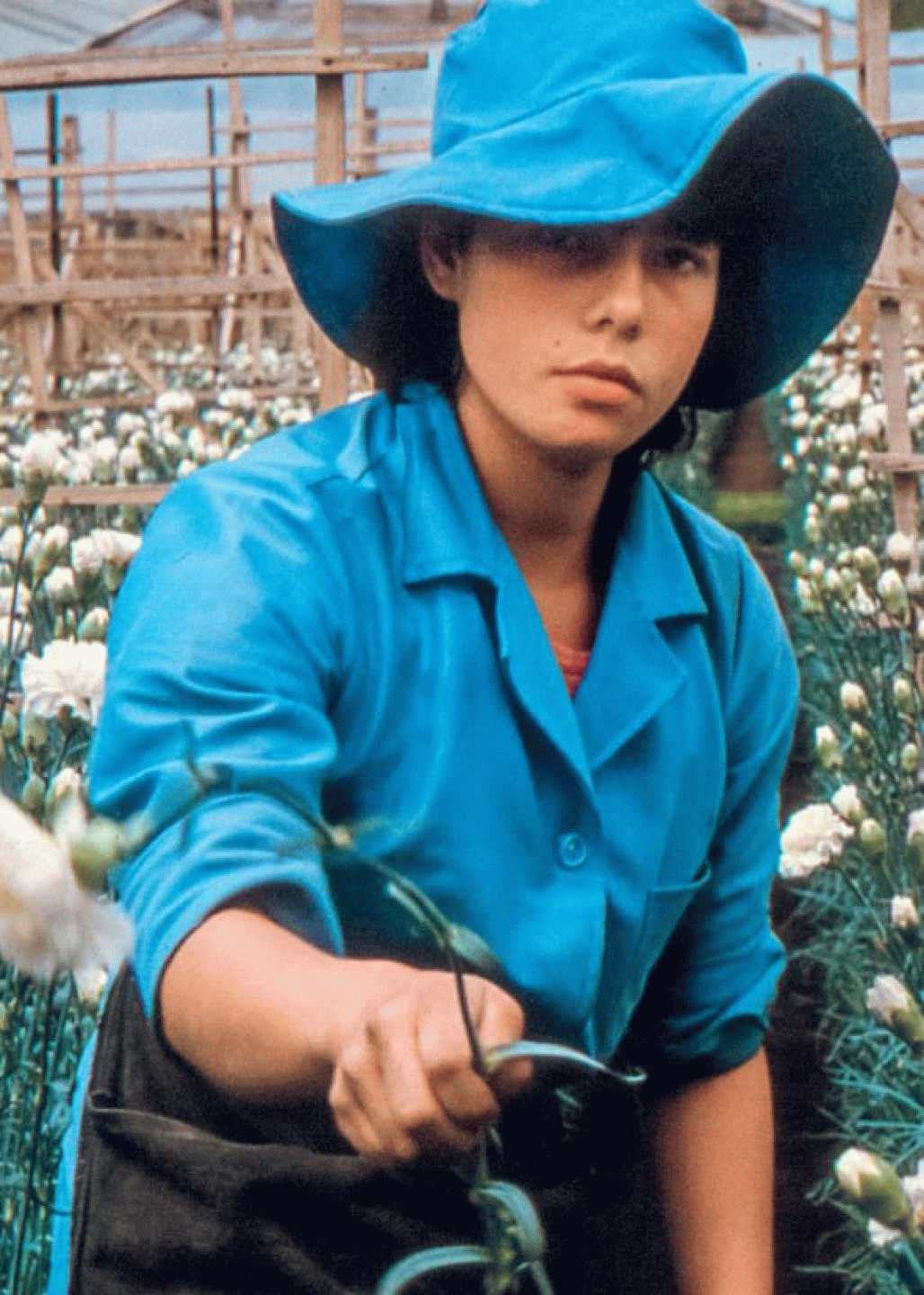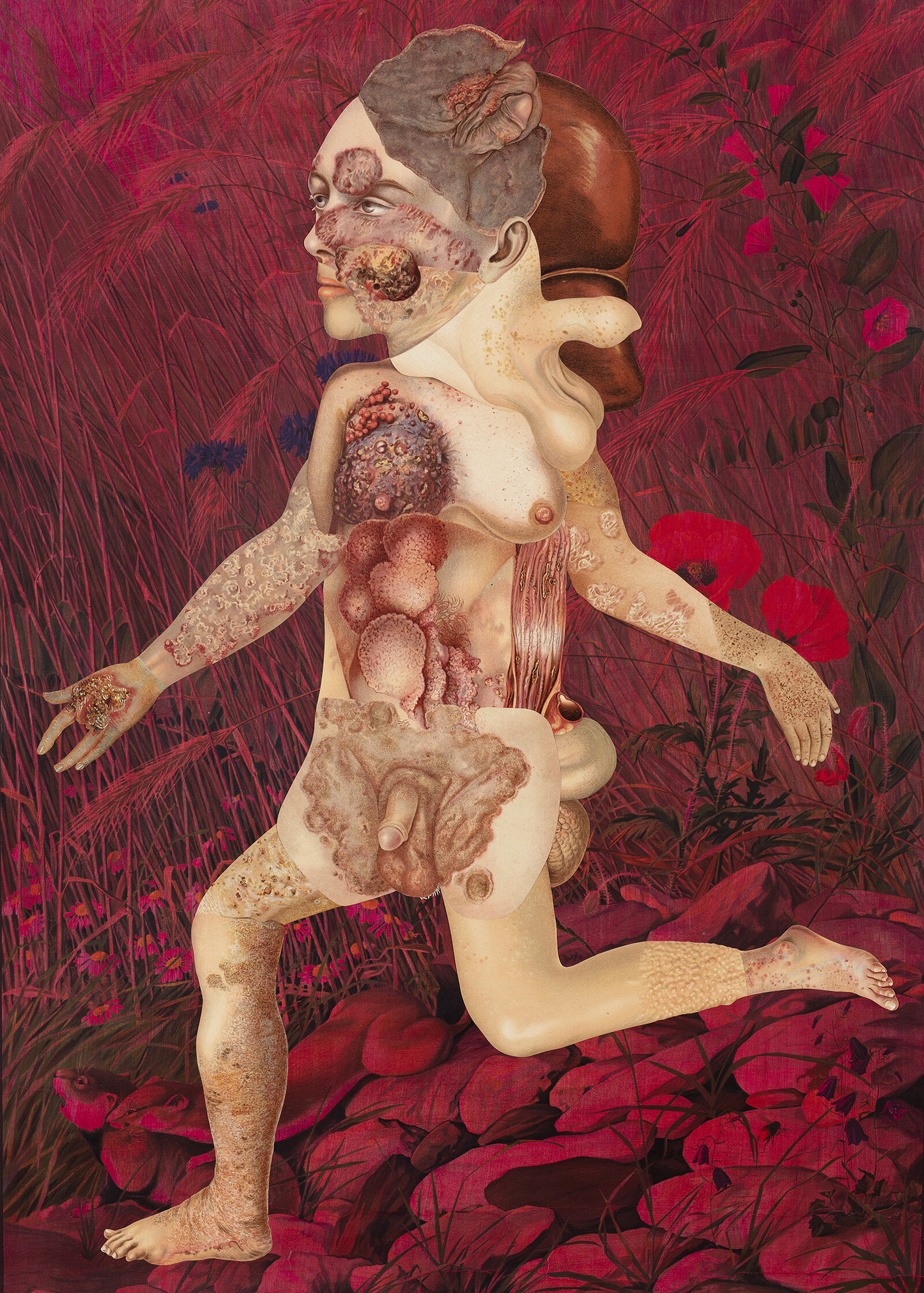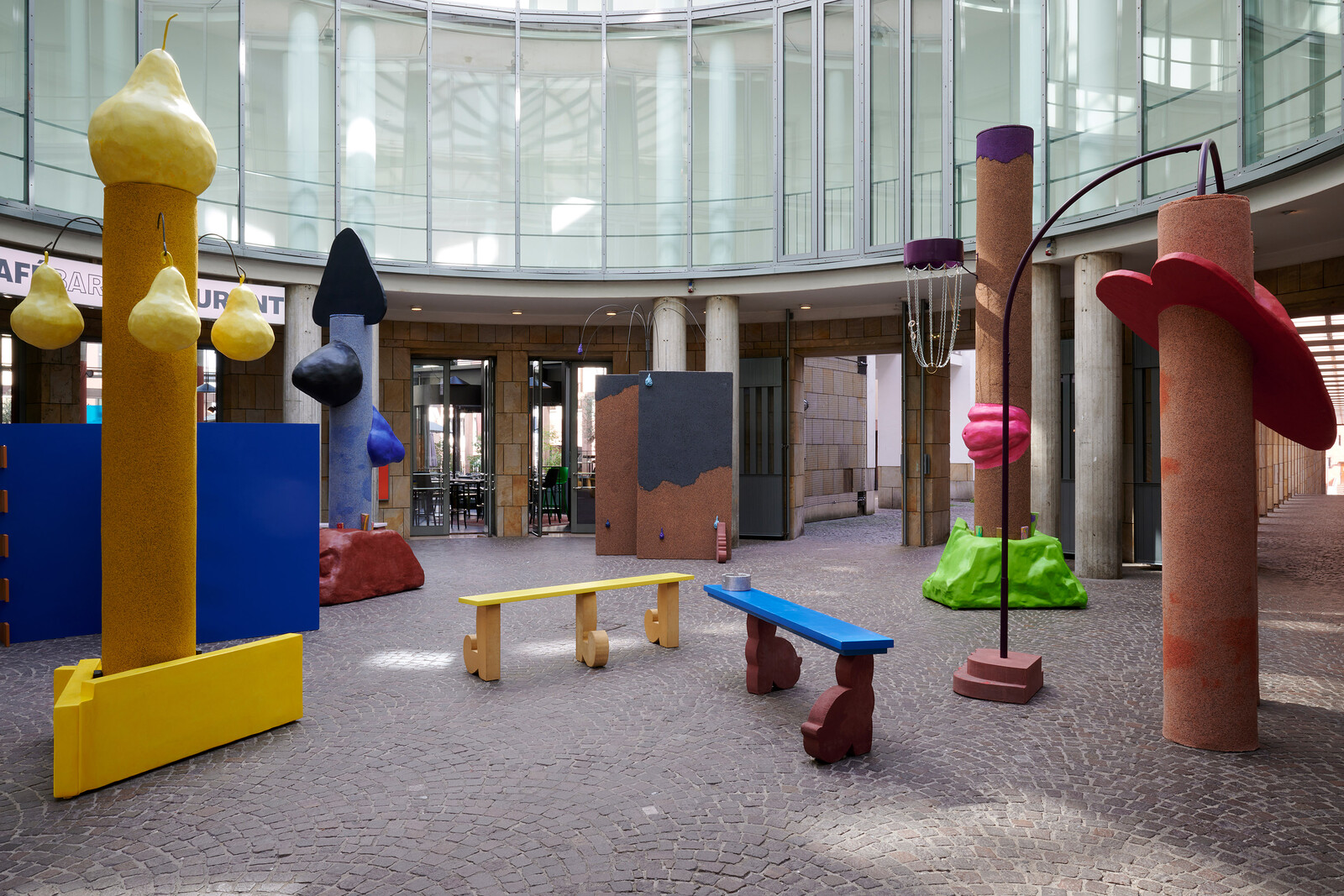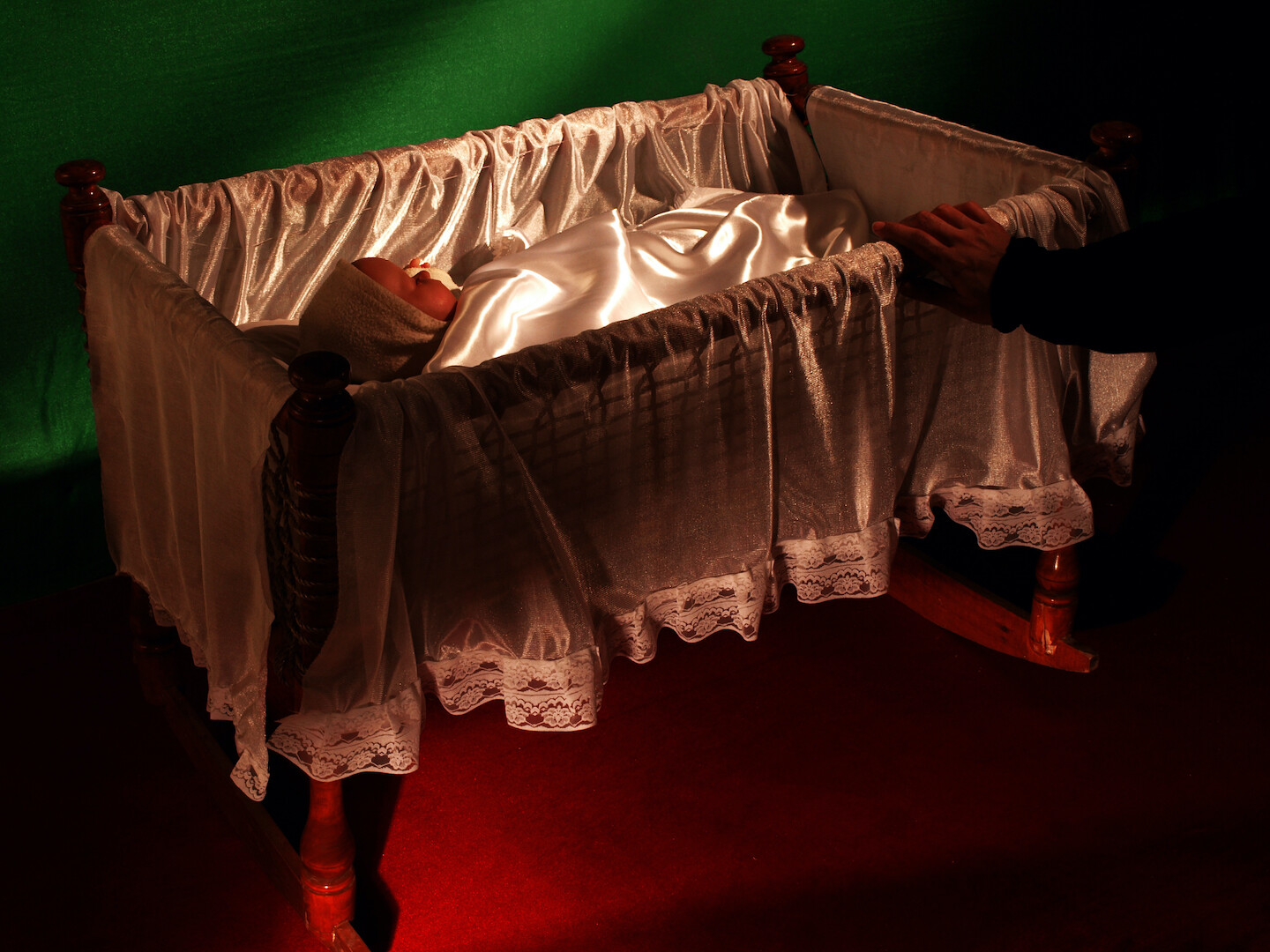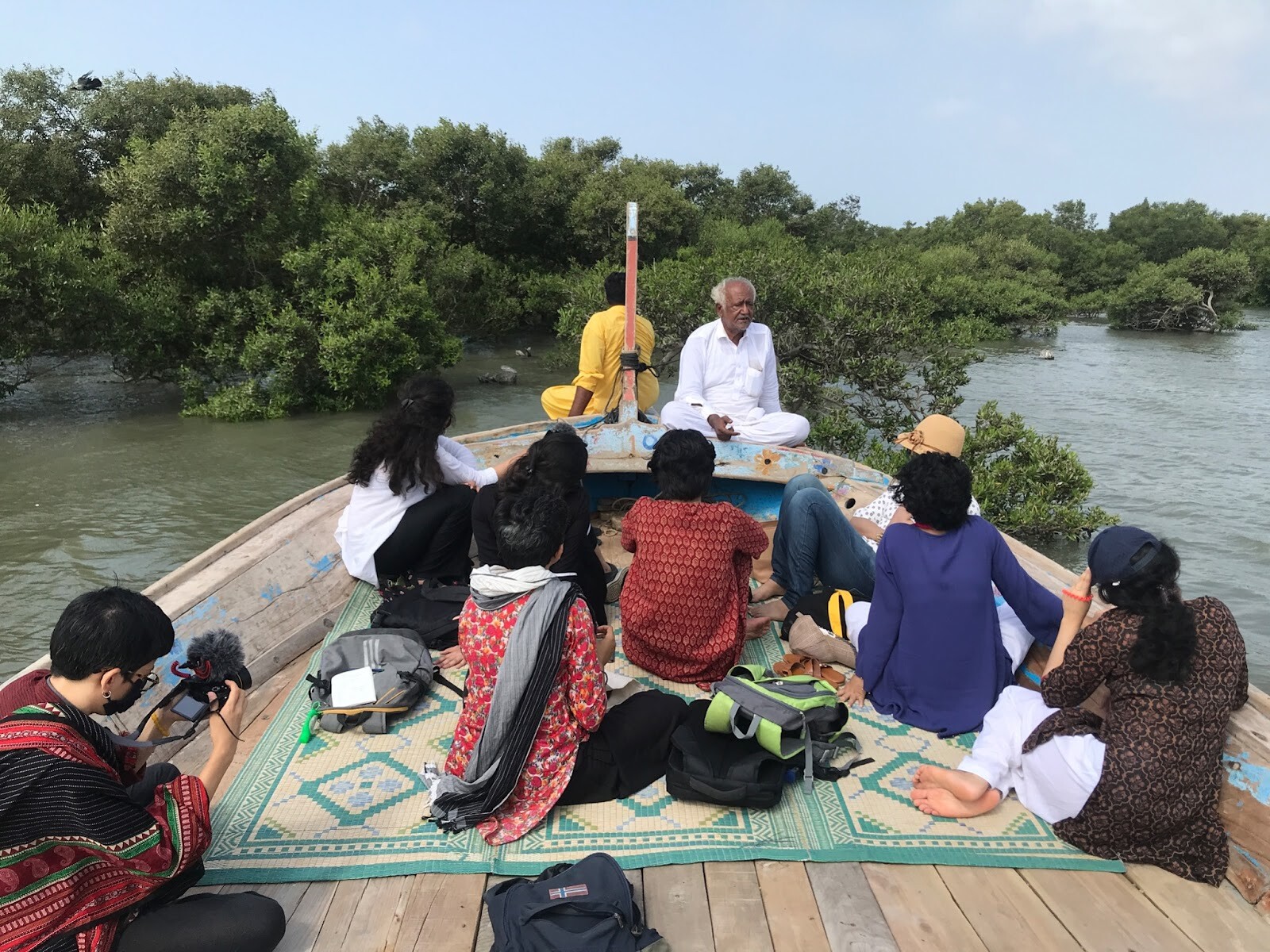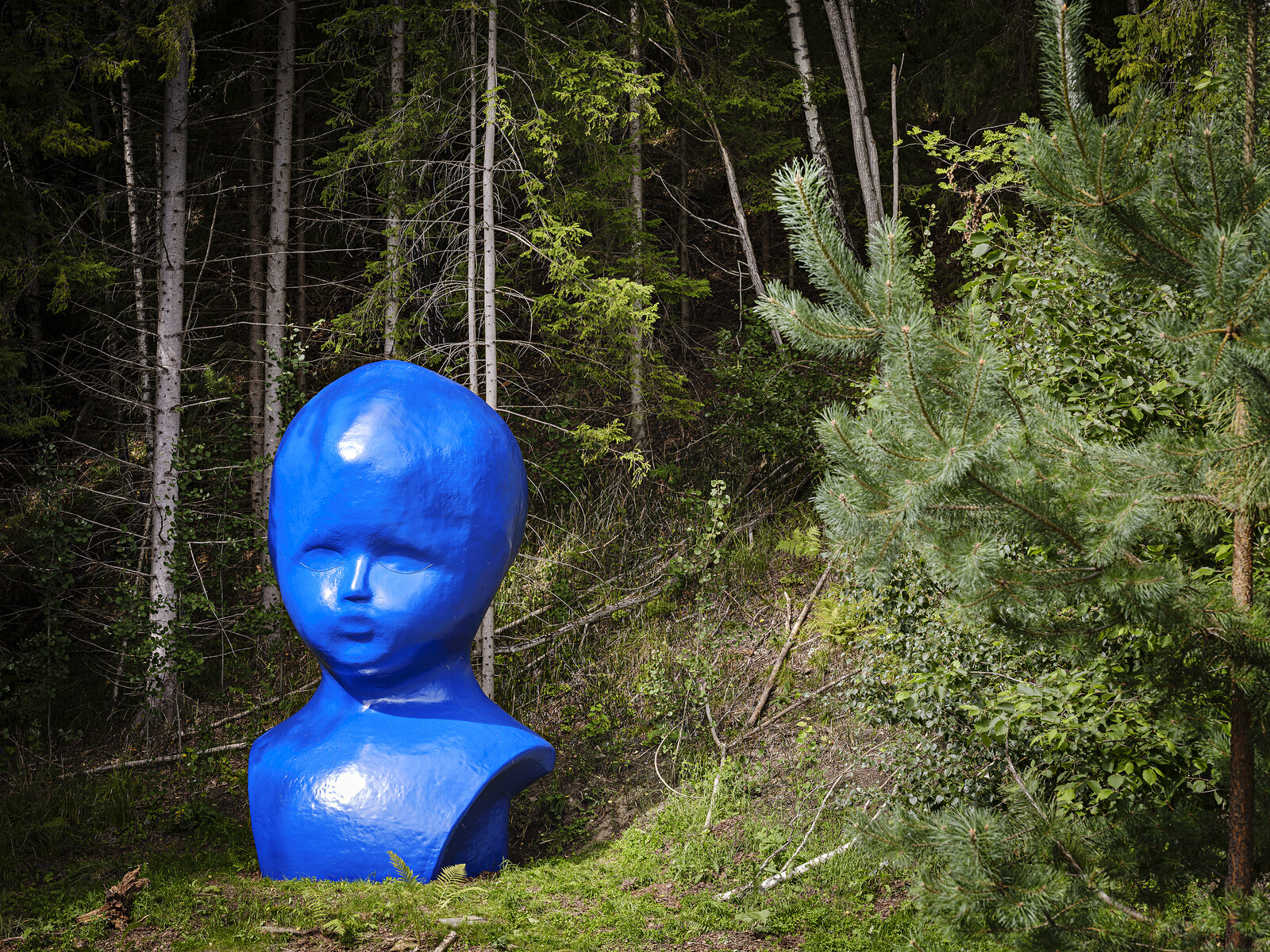Saodat Ismailova: To Share a Dream With a River
The unwieldy, internally variegated, and contested traditions that one might nevertheless nominate as black critical theory and black artistic practice, respectively, have had difficult relationships with various traditions of scholarly and aesthetic formalism (though these are, of course, hardly discrete designations). To begin with, the intellectual and artistic forms associated with blackness have typically been regarded by established traditions of formalism with, at best, skepticism.
The cumulative process of “mulatto production” constructs various no-man’s-lands within otherwise emancipatory cinema, film, and visual culture, from which certain kinds of Black female subjectivity must remain absent. While Fanon waits for himself in the cinema, at first blush Fanon’s “woman of color” has nowhere to look for her own image. Losing Ground is radical in how it breaks with this model.
Operaismo as Method: Gigi Roggero, Silvia Federici, and the Art Workers’ Inquiry
Woman, Life, Freedom: Year Zero
Laure Prouvost: Screening and Conversation

